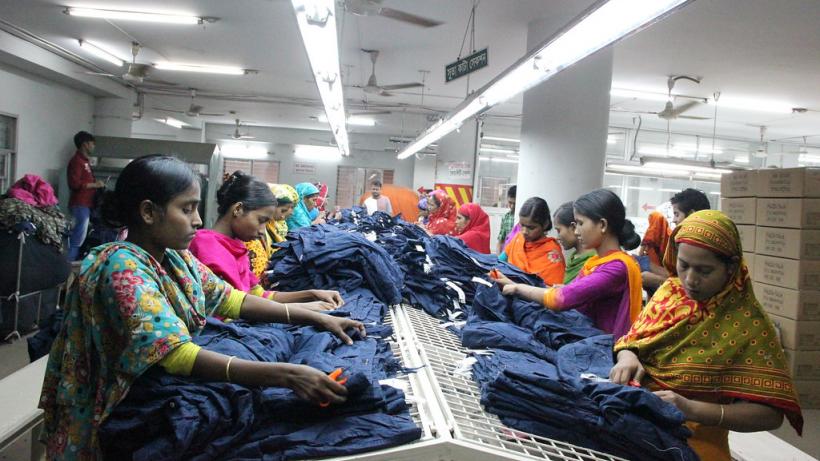
Social norms and firm productivity in Bangladeshi garment factories
Low firm productivity in developing countries presents a key barrier to economic development. Existing economic literature largely focuses on the effects of managers’ and workers’ behaviours on firm productivity (e.g., misallocation of female labour inside the firm). In contrast, we ask why certain behaviours that negatively impact firm productivity arise.
We focus on the role of social structure on information transmission within the firm. We argue that high-status individuals may be unwilling to receive productivity-improving information from low-status individuals and that this dynamic is costly to the firm. For instance, in certain cultures, men may be unwilling to be instructed by women, even if they have valuable knowledge to share because they consider such interaction as disrespectful.
The experiments: Social stratification and information transmission
To empirically assess how costly social stratification is for the firm, we conduct a series of field experiments in collaboration with several garment factories in Bangladesh. We provide information about productivity-enhancing practices to selected individuals in the firm. We then study how social status affects information diffusion across workers and quantify the downstream effects on workers’ and production lines’ productivity.
There can be many possible explanations for the underlying causes driving these frictions in information transmission. To disentangle these alternative explanations, we complement the field experiment with a survey designed to directly estimate workers’ willingness to share and receive productivity-enhancing information.
Pilot experiments: Suggestive findings
So far, we have completed piloting activities for both experiments: We implemented the field experiment on a smaller scale in one factory for a period of two weeks and conducted the incentivised survey experiment with a random sample of factory workers. These pilots inform us of the optimal research and survey designs, logistics, and promising dimensions to include in the experimental intervention.
Due to the small sample size, we are unable to test the main research questions of interest. Nevertheless, the pilots provide suggestive evidence that short-term skill training can effectively improve the productivity of trained workers and that these improvements can potentially benefit other workers in the factory. Finally, initial analysis finds that social norms play an important role in the factory and shapes information transmission across workers.
Implications: Social norms and policy for productivity
We hope that the results of the full-scale experiment will inform policy design and implementation in developing countries. Specifically, our hypothesis suggests that policy design should consider important social frictions. By studying one potential mechanism explaining reduced firm productivity in developing countries, we contribute evidence that can inform policies to increase firm productivity and job opportunities in developing countries.
Moreover, depending on our final results, the project may suggest a new policy goal, which is changing social norms to alleviate the adoption of productivity enhancing behaviours. Though replacing social norms may be difficult, previous research suggests that it is possible in the long-run. We believe that targeting specific inefficient norms may prove to be a first order concern for policymakers.

